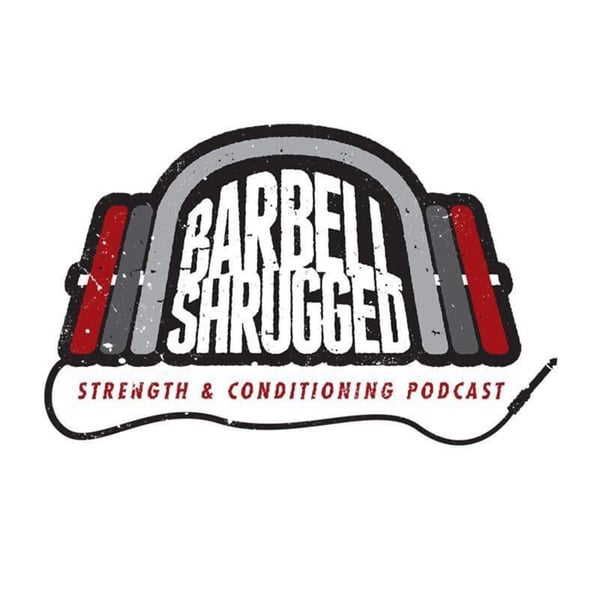Physiology Friday: [Optimal vs. Normal Health] Why Normal Reference Ranges Will Not Lead You to Optimal Health w/ Anders Varner, Doug Larson, Travis Mash and Dan Garner
Barbell Shrugged
Doug Larson
4.7 • 2.8K Ratings
🗓️ 21 June 2024
⏱️ 56 minutes
🧾️ Download transcript
Summary
In this Episode of Barbell Shrugged:
- The spectrum of health from sick, to not sick, and to optimal.
- Optimal is a word thrown around with ease in the healthy space. What does optimal health look and feel like?
- Why are the current blood markers in a normal range and not optimal?
- Where are normal reference ranges created?
- If you want to know optimal ranges, where do you find them?
- Why are optimal ranges a better reference point than normal ranges?
- Hope can you be labeled “healthy” by normal ranges but still have underlying issues that go undetected?
To learn more, please go to https://rapidhealthreport.com
Connect with our guests:
Transcript
Click on a timestamp to play from that location
| 0:00.0 | Shrud Family this week on Barbell Shrug. |
| 0:03.0 | Physiology Friday is back. |
| 0:04.3 | Today we're going to be talking about why your blood panels are lying to. |
| 0:07.6 | It's not like they're actually lying to, |
| 0:09.5 | but what they're giving you is an inaccurate representation of your own health and that's a problem that's |
| 0:16.3 | kind of like lying they're saying that you're good and you're not actually good |
| 0:19.4 | there's a problem here and that is what we're going to be breaking into is what is the difference between actual reference ranges that you are getting at your doctors at your standard blood panel the standard markers why they are inadequate and why you should be chasing the optimal ranges like we use here that |
| 0:35.2 | Dan has created inside rapid health and performance and the reason that we find |
| 0:39.8 | so much value in these reference ranges really comes really comes down to two things. We want to know what |
| 0:45.0 | optimal is. It's a very important marker when it comes to actually assessing your own health. |
| 0:51.1 | If you are following average and the average continues to decline. own health |
| 0:53.4 | health if you are following average and the average continues to decline over time as the health of humanity |
| 0:57.4 | declines over time. You are really going to be chasing numbers that you don't want to do. |
| 1:01.9 | It's like if we told you to go run a mile and you ran a 17 minute mile and we said |
| 1:05.9 | congratulations that's average for all the humans on this planet you would be very |
| 1:10.9 | disappointed in yourself because what you actually want to know is how |
| 1:14.5 | do you rank compared to the four minute mile which is optimal that's the best in the |
| 1:18.8 | world that's the best that's ever happened I'm sure it's like 355 or something like that |
| 1:21.9 | but we want to know where do we rank, |
| 1:24.0 | what percentage of optimal are you? |
| 1:26.3 | And we can do that through blood work panels, |
| 1:29.1 | assuming that your name is Dan Garner, |
... |
Please login to see the full transcript.
Disclaimer: The podcast and artwork embedded on this page are from Doug Larson, and are the property of its owner and not affiliated with or endorsed by Tapesearch.
Generated transcripts are the property of Doug Larson and are distributed freely under the Fair Use doctrine. Transcripts generated by Tapesearch are not guaranteed to be accurate.
Copyright © Tapesearch 2025.

